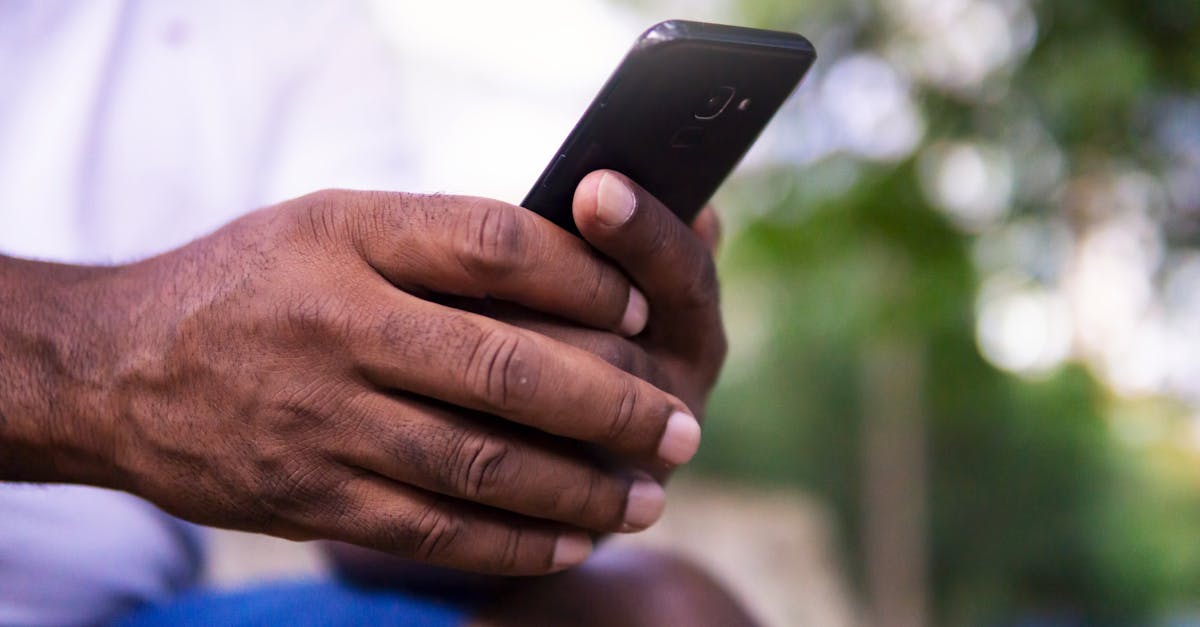In a world where smartphones reign supreme, the age-old rivalry between Apple and Samsung continues to spark curiosity. Picture this: you’re an iPhone user, and your friend’s Samsung has mysteriously vanished. Can you channel your inner detective and track that elusive device? Spoiler alert: it might not be as straightforward as you think.
Table of Contents
ToggleOverview of Phone Tracking
Phone tracking involves locating a device using various technologies. Multiple methods exist for tracking smartphones, with some being more effective depending on the operating system. An iPhone user attempting to track a Samsung phone faces inherent challenges due to the different ecosystems.
GPS technology plays a crucial role in tracking. Most smartphones, including Samsung devices, contain built-in GPS modules. That feature allows for precise location tracking within a few meters. On the other hand, the Find My app on iPhones cannot directly locate Samsung devices.
Tracking apps can facilitate device location. Some third-party apps have compatibility with both iOS and Android systems. Users may consider installing such apps before losing track of a phone. In addition, Samsung offers its own tracking service called Find My Mobile. Only Samsung users can access this service, further complicating tracking a Samsung phone from an iPhone.
Permissions are vital for tracking methods. Without enabling location sharing on the Samsung phone, tracking becomes significantly more complicated. It’s important for users to understand privacy settings and permissions associated with any tracking service.
Communication between devices is another factor. Samsung and Apple devices utilize different protocols, making cross-platform tracking more intricate. Being aware of these limitations can help users set realistic expectations when trying to locate a lost device.
Understanding how phone tracking works aids users in navigating potential challenges. Techniques and tools differ across platforms, so knowing what is available can make a difference in locating a device.
Tracking Capabilities of an iPhone
Tracking a Samsung phone with an iPhone presents unique challenges, but understanding tracking capabilities can aid in the process.
Built-in Tracking Features
iPhones utilize a built-in feature called Find My, which primarily locates Apple devices. Samsung phones, however, possess GPS capabilities that allow for precise tracking when used within their ecosystem. Without this functionality, iPhone users can’t simply rely on their devices to find a Samsung phone. Operating systems inherently limit compatibility, making direct tracking difficult. Users must open the Find My app, but it won’t display the location of non-Apple devices. Clarity on these features helps users recognize the limitations of tracking cross-platform.
Third-party Applications
Third-party applications present an alternative for tracking devices between different operating systems. Several apps, such as Life360 and Google Maps, work on both iOS and Android platforms. Installing these applications prior to losing a device allows for location sharing, increasing the chances of recovery. App permissions are crucial as users must enable location services. Many of these apps also offer family tracking, enhancing safety features. Still, users should research and select apps from reputable sources to ensure data privacy and security.
Tracking Samsung Phones
Tracking a Samsung phone when you own an iPhone involves understanding the available options and limitations. Users often encounter challenges due to differences in operating systems and features.
Native Features of Samsung
Samsung devices come equipped with a dedicated service called Find My Mobile. This feature allows Samsung owners to locate their phones using a Samsung account. Users can remotely lock their devices, back up important data, and even erase content if necessary. Activation of this service relies on prior setup on the Samsung device, making it crucial for users to enable it before losing their phones. Accurate GPS technology in these devices enhances location tracking, though it remains exclusive to Samsung users.
Third-party Tracking Solutions
Several third-party applications provide cross-platform tracking functionalities. Options like Life360 and Google Maps work on both iOS and Android devices, assisting users in locating lost phones across different operating systems. Compatibility with various devices ensures that users can find their Samsung phones even if they primarily use an iPhone. Prior installation of these apps on both devices is essential, along with necessary permissions. Utilizing reputable apps enhances privacy and security during tracking efforts.
Compatibility Between iPhone and Samsung
iPhone and Samsung devices face compatibility challenges, especially concerning tracking features. Users can’t assume smooth functionality between these different ecosystems.
Limitations of Cross-Platform Tracking
Cross-platform tracking presents various limitations. iPhone users cannot utilize the Find My app to locate Samsung devices. This restriction stems from the inability to access services exclusive to Samsung. Additionally, the tracking process complicates since each operating system employs distinct technologies. Android and iOS systems operate on separate platforms. As a result, reliance on manufacturer-specific tracking systems hinders effective device location. This inconsistency raises concerns regarding privacy and security, especially when third-party applications are involved.
Potential Workarounds
Several potential workarounds exist for tracking Samsung phones with iPhones. Utilizing third-party applications like Life360 or Google Maps can help, assuming they are installed beforehand. These apps enable tracking across platforms, provided users grant necessary permissions. Moreover, Samsung’s Find My Mobile works well for Samsung owners. However, iPhone users cannot access this feature directly. Coordination between device users is essential for effective tracking, as both should agree on the app and ensure proper setup. Taking these steps can facilitate tracking despite the limitations.
Legal and Ethical Considerations
Tracking a Samsung phone using an iPhone raises several legal and ethical issues. Users should always obtain consent from the individual whose phone they intend to track. Privacy laws vary by jurisdiction, but unauthorized tracking of a device is generally considered illegal.
Understanding the implications of tracking technology is essential. Some applications require users to agree to data sharing policies that may compromise personal information. Third-party apps like Life360 or Google Maps, while potentially useful, need explicit permissions granted by all parties involved.
Accountability plays a crucial role in ethical considerations. Users must ensure respect for privacy when seeking to track a device. The importance of transparency cannot be overstated, especially in relationships where trust is paramount.
When utilizing tools like Samsung’s Find My Mobile, users must also consider the security of their data. Safeguarding personal information from potential misuse is vital, as any tracking service involves sensitive data transmission.
Legitimate use of tracking technology serves specific purposes, such as locating lost devices or enhancing safety during emergencies. While reasonable intentions exist, potential misuse can lead to significant consequences.
Documentation of agreement between parties involved can prevent misunderstandings. This written consent serves as a protective measure in case legal issues arise over privacy violations.
Awareness of the ethical landscape surrounding tracking devices can guide users toward responsible practices. Ultimately, pursuing effective tracking solutions must align with legal standards and ethical norms in technology use.
Tracking a Samsung phone using an iPhone presents unique challenges due to the differences in their ecosystems. While built-in GPS technology is available on both devices, the lack of cross-compatibility between Apple’s Find My app and Samsung’s Find My Mobile service complicates the process. Third-party apps may offer some solutions but require prior installation and user cooperation.
Users must also navigate legal and ethical considerations when tracking devices. Consent is crucial to avoid potential legal issues. Understanding these complexities is essential for anyone looking to locate a lost Samsung phone with an iPhone. By being informed and prepared, users can enhance their chances of successfully tracking their devices while respecting privacy and security standards.




